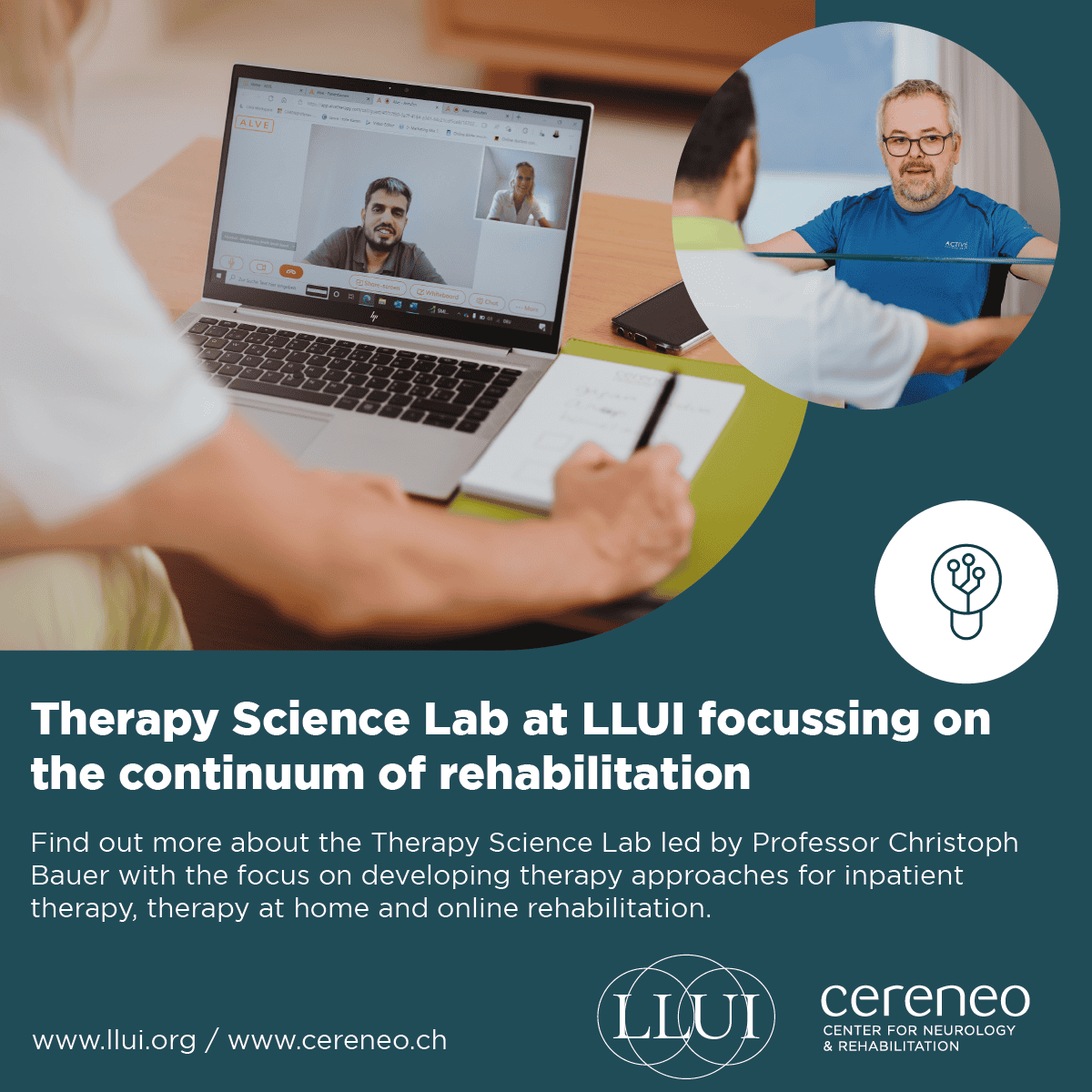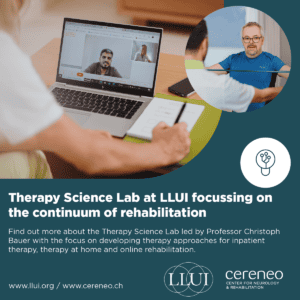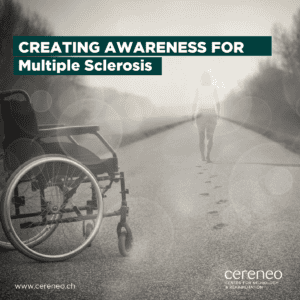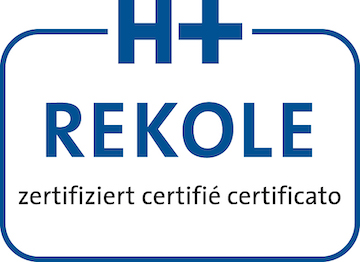Most people try to find a balance between their work, social and family life. This can often become a fast-paced quest catering to various demands, obligations and expectations. But, what if you find yourself in a situation that generates even more stress than usual, for example, during stroke recovery? What exactly is stress and can stress cause a stroke? Is stress always bad for you or is there also such a thing as ‘good stress’?
In the article below we explain what happens in your body when you feel stressed and what you can do about it.
What is stress?
Stress is an evolutionary physiological body state or ‘survival mechanism’ that originates from the period in which our ancestors lived in nature, and is known as the ‘fight or flight response’. This response is the reaction of wanting to stay and fight or flee a harmful or dangerous situation: your body is ready to act, while your concentration and sharp mind are at their best.
Nowadays, stress is often caused by psychological or social situations (external stress), illness or medical procedures (internal stress) and can be recognised as a similar bodily response to emotional pressure. Symptoms can be tinnitus, heart palpitations, sweating, turning red, stomach ache, a skin rash or blurred vision, just to name a few. Notably, your body does not distinguish between physiological or psychological stress.
Such a response starts in the brain with an increase in a person’s cortisol levels. Cortisol is a hormone that increases the sugar level (glucose) in the bloodstream, providing an extra but temporary increase in your energy production at the expense of other physiological reactions that are not required for immediate survival. Increased blood sugar levels might lead to diabetes and high cholesterol, known stroke risk factors.
Is stress always bad for you?
Stress is not always bad for a person. Particularly, short-term stress can be beneficial for someone’s performance, mental state and energy. Think about presenting on stage for example: each person feels differently about that. While person A has sweaty palms, stutters and is overly nervous when talking in front of a group of people, person B will take a few deep breaths before welcoming the rush of adrenaline that makes him or her feel empowered as a speaker and human being. In some cases, the belief that stress is bad for a person might even have a worse effect than the actual stress itself.
Can stress cause a stroke?
A normal stress response elevates these levels for up to 60 minutes after the response was first initiated but with chronic stress, the response persists for too long. Chronic stress is long-term exposure that results in heightened cortisol and adrenaline levels, increases the risk for developing cancer, interferes with learning and memory, and suppresses the immune system. Chronic stress also causes high blood pressure, high cholesterol, obesity, diabetes and the development of cardiovascular disease – all factors that increase your risk of having a stroke.
How to deal with stress?
Active relaxation, even for 10 minutes a day, is an important element in maintaining your health. By recognising your stressors and relearning how to deal better with them, you rewire your brain to improve your neurophysiological response.
Each person might favour different solutions for dealing with stress: The best thing to do is to discover what helps you relax and how your ‘parasympathetic response’ is triggered (it is when you are relaxed). Stress management strategies provide different kinds of support. A few tips:
Exercise
Be physically active! Whether you like to take long walks in the morning, swim or do aerobics: exercise results in your body releasing endorphins. This release improves your mood, boosts your energy and improves cognitive function. Exercising is a powerful tool that helps you relax and counter-balance the stress response.
Spending time with friends and family
Make use of your social environment, it might make you feel better! Talking to your friends and family could give you an opportunity to release some restrained emotions, while having a laugh with the people you love most is known as a perfect antidote to stress.
Stay positive and do things that make you happy!
Feeling happy lowers your cortisol levels: Try to find ways that will lift your spirit and that relaxes your body, mind and soul. Spend time on your favourite hobby, take a bath or listen to music that makes you feel good. Make sure that you take enough time each day or to rest during the day.
Meditation, mindfulness & deep breathing exercises
Meditation and mindfulness can be used as a coping mechanism that helps you to destress and cope better with overwhelming and anxious thoughts. Both practices teach you how to ‘be in the moment’ and combined with deep breathing exercises, it should relax the mind and decrease blood pressure.
A healthy diet
A well-balanced diet with a limited intake of caffeine, sugar, salt, fat and alcohol is always a good thing and should include a lot of vegetables, fruits, lean meats, low-fat dairy and whole grains, all beneficial nutrients that support neurorehabilitation patients and their recovery. When you eat well, your body will perform better.









